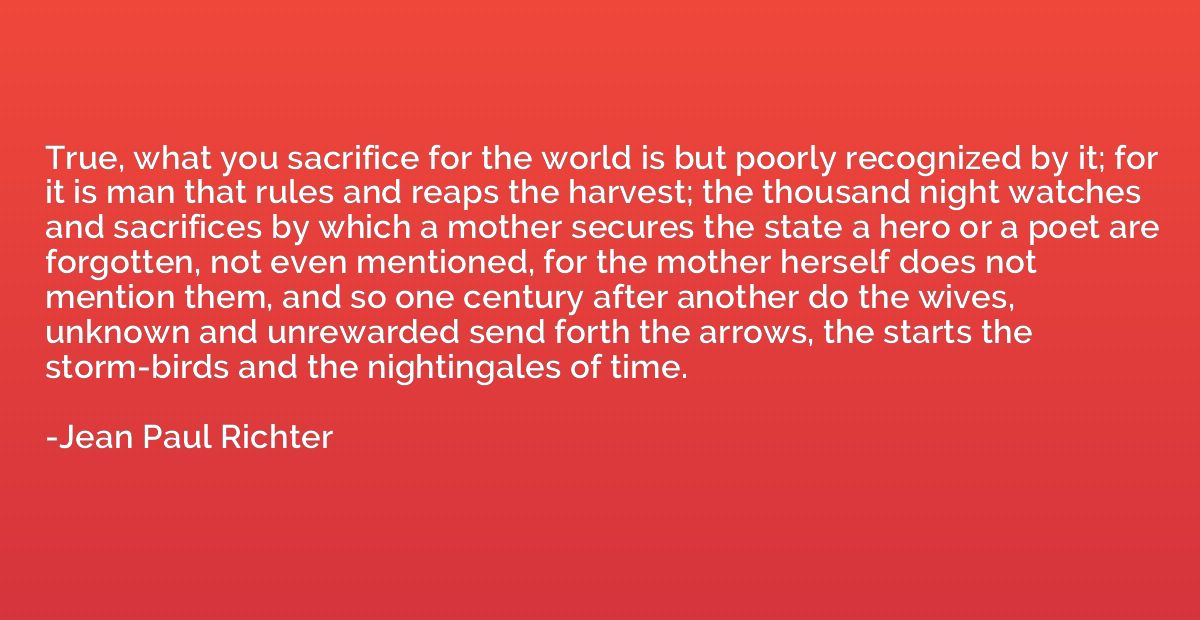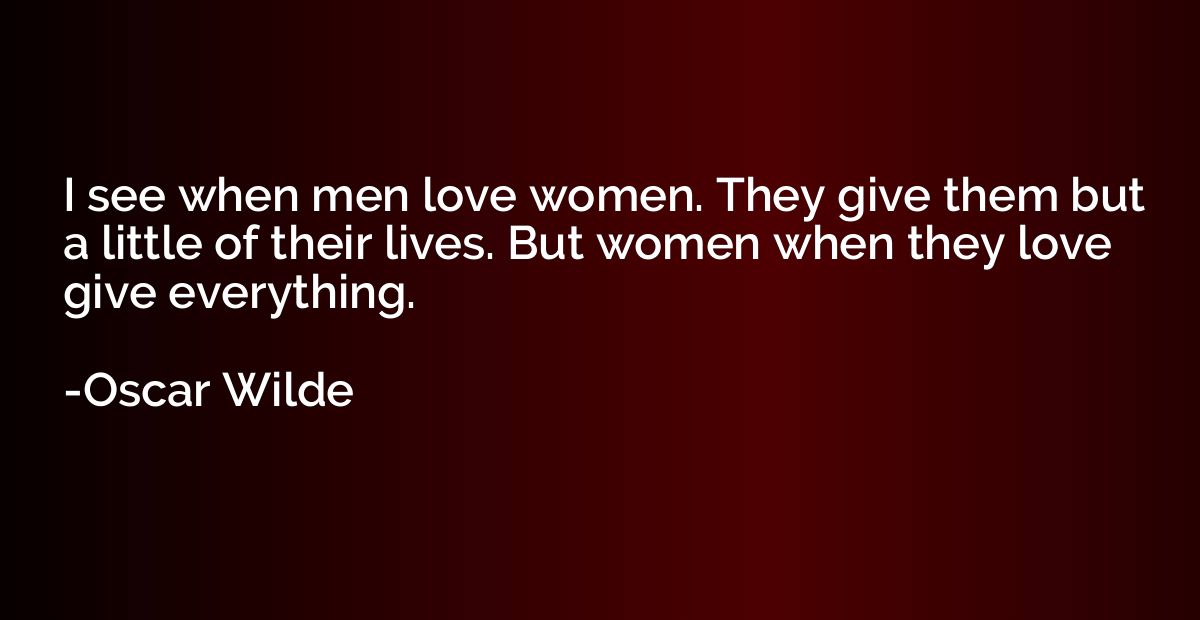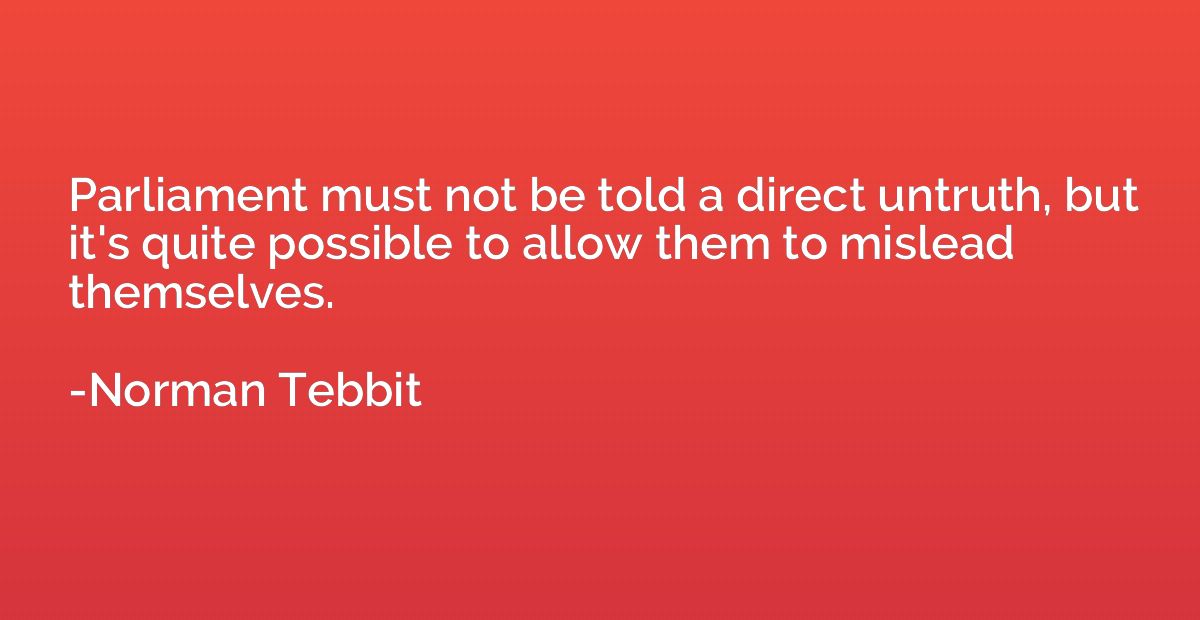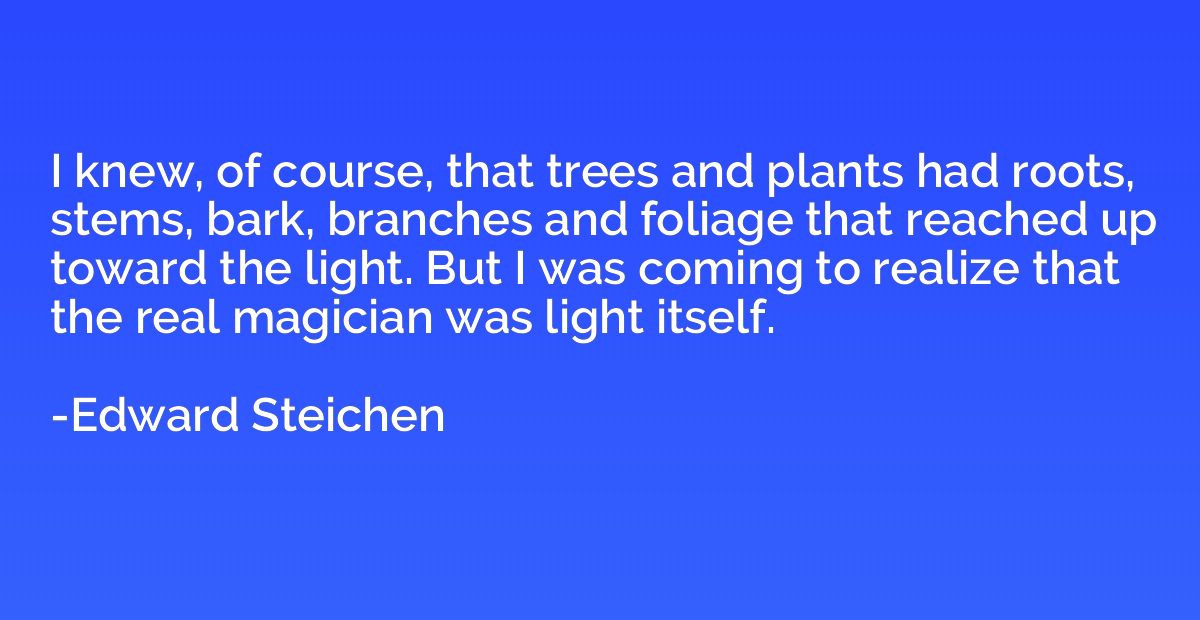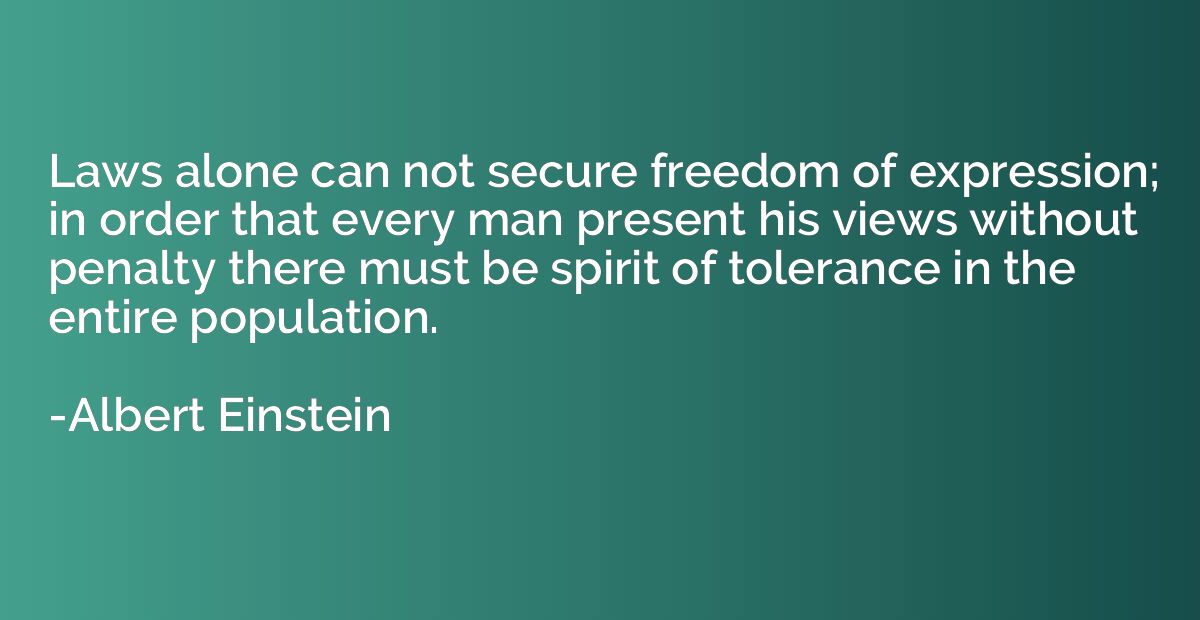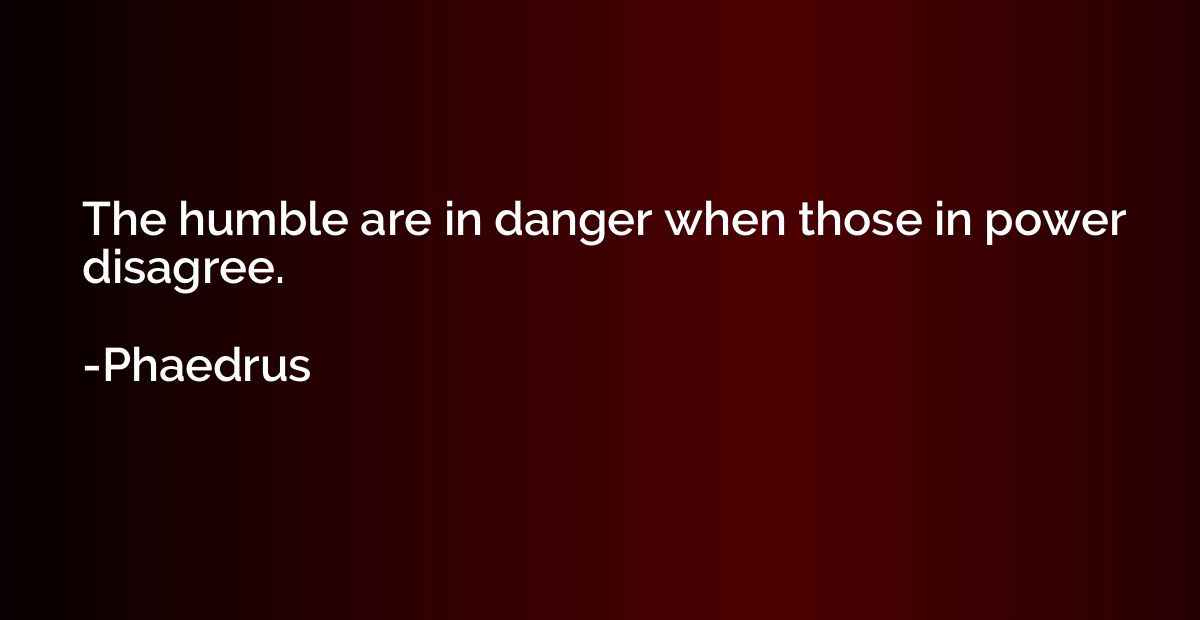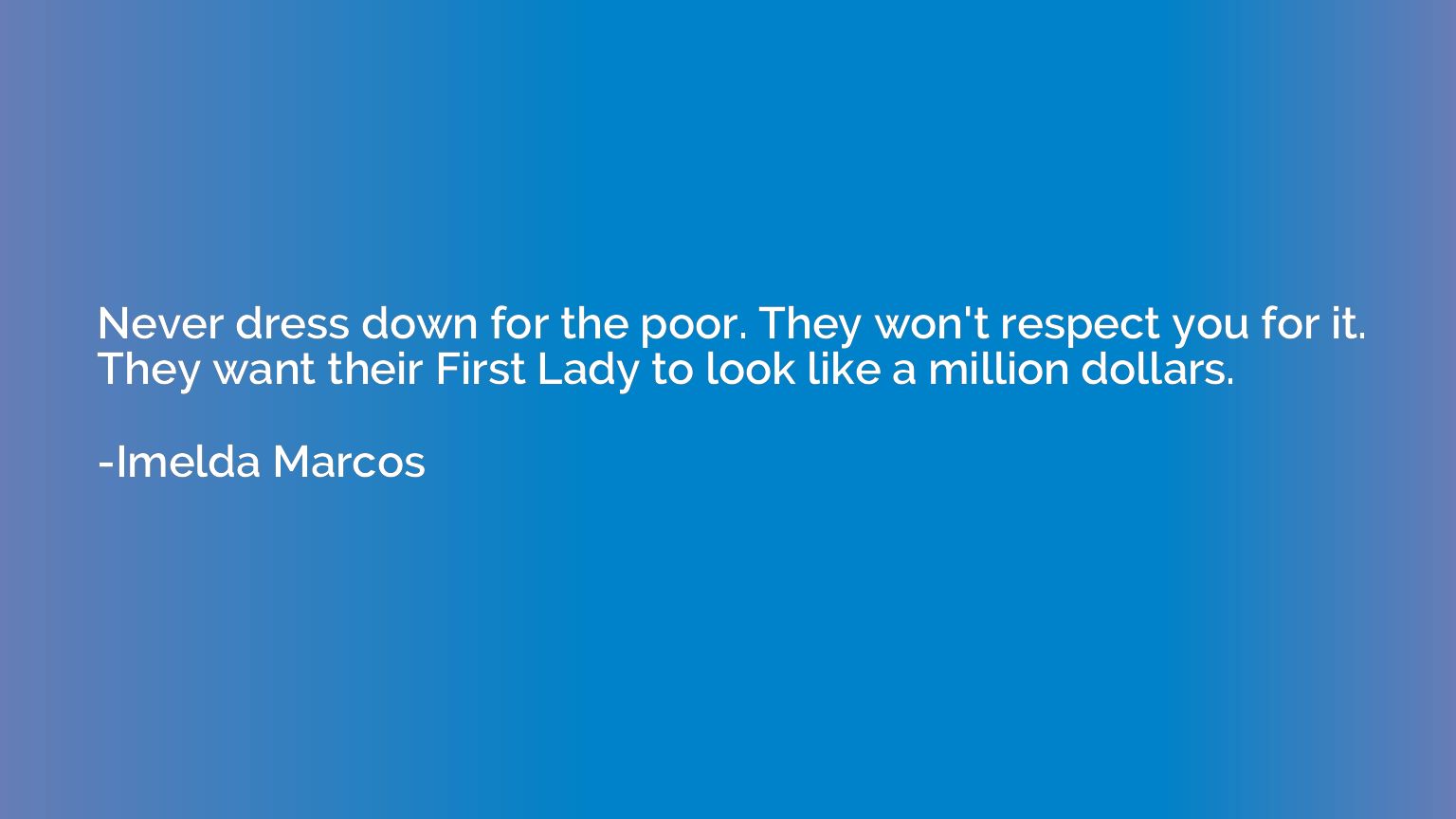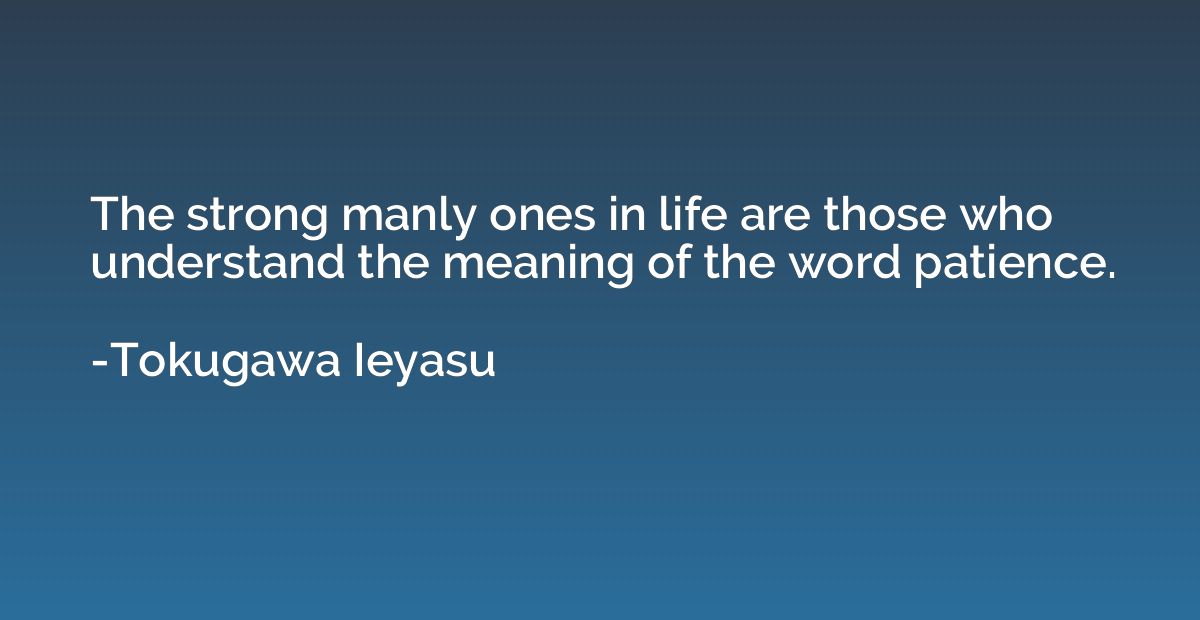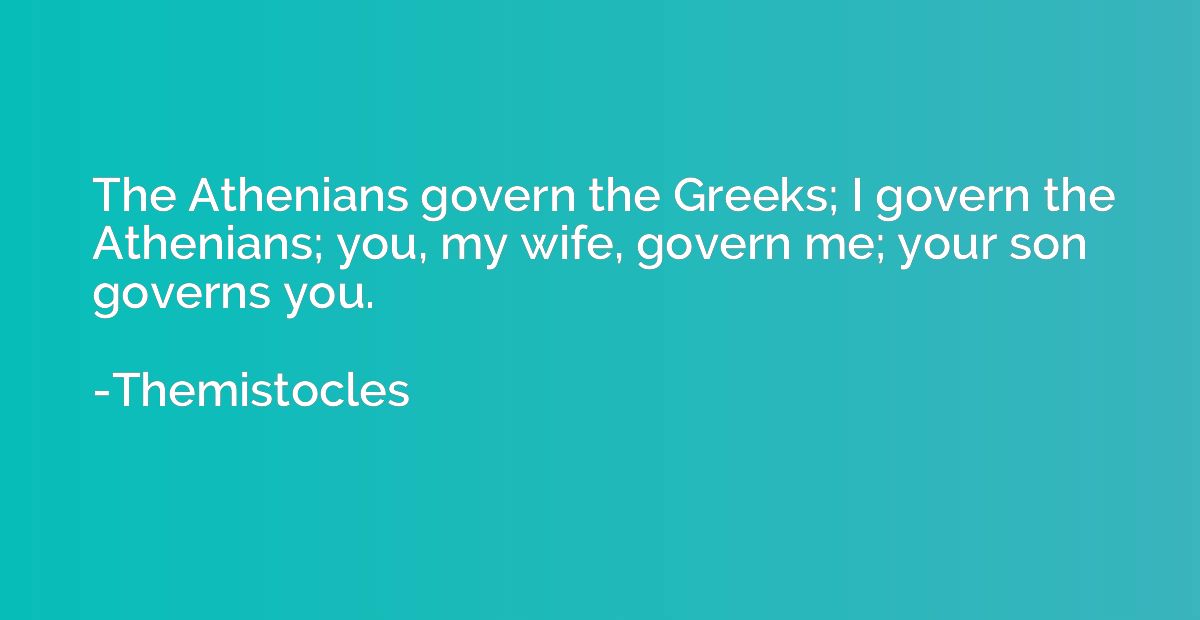Quote by Henry David Thoreau
Society is commonly too cheap. We meet at very short intervals, not having had time to acquire any new value for each other.We meet at meals three times a day, and give each other a new taste of that musty old cheese that we are. We have had to agree on a certain set of rules, called etiquette and politeness, to make this frequent meeting tolerable and that we need not come to open war. We meet at the post office, and at the sociable, and at the fireside every night; we live thick and are in each other's way, and stumble over one another, and I think that we thus lose some respect for one another.
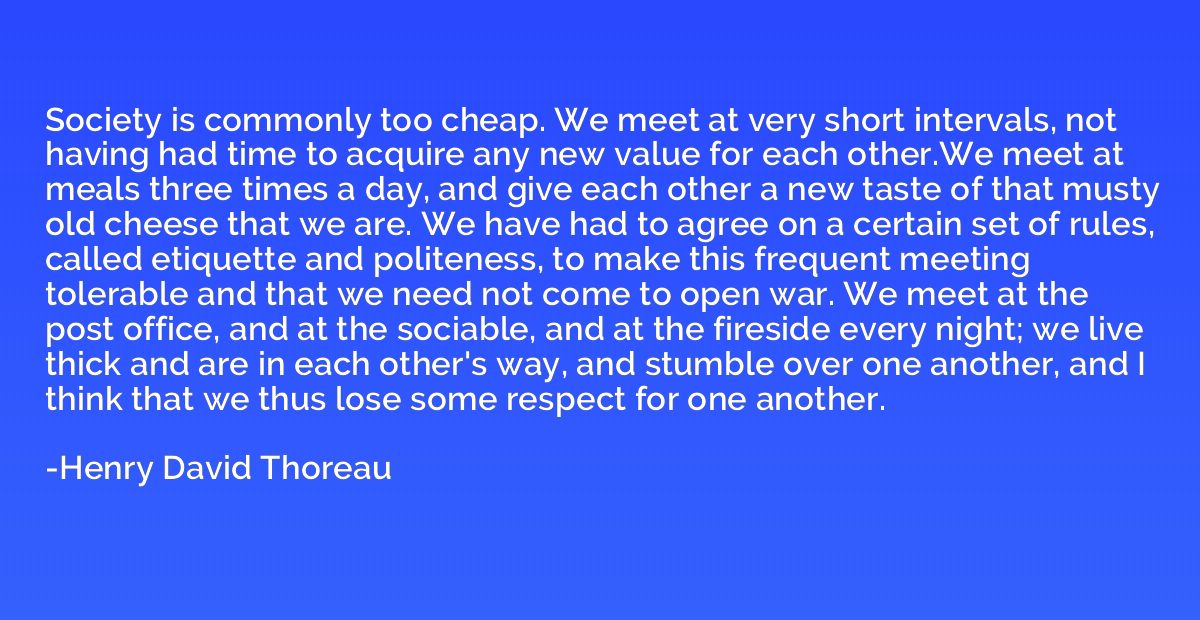
Summary
This quote by Henry David Thoreau suggests that society often values quantity over quality when it comes to human interactions. Thoreau criticizes the repetitive and superficial nature of our everyday encounters, comparing them to sharing a taste of the same old cheese. He argues that frequent and obligatory meetings, such as meals or social gatherings, have forced us to create social norms and politeness rules to avoid conflict rather than genuinely connecting with one another. Thoreau believes that this constant proximity leads to a lack of respect and appreciation for each other, as we become accustomed to the sameness and lose the opportunity for meaningful encounters.



